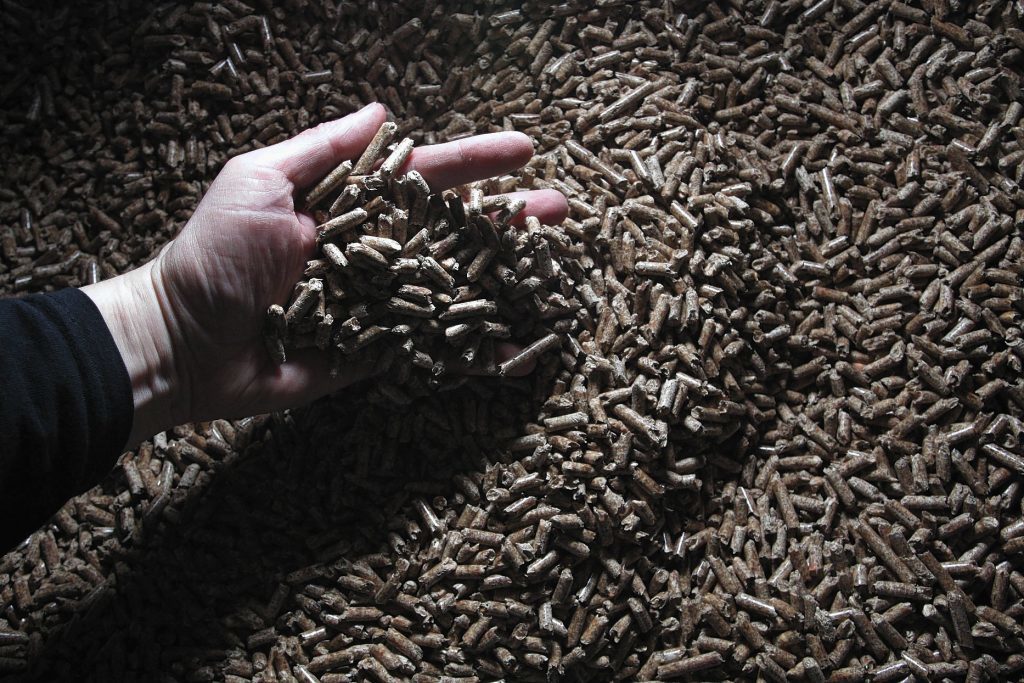
The UK has spent hundreds of millions of pounds subsidising the burning of woody biomass which releases more emissions than coal, research has found.
Using wood – much of it imported from America – for biomass power and heat is often seen as a relatively cheap and flexible way of supplying renewable energy, but a report by Chatham House suggests the process could be more harmful than traditional energy sources.
Duncan Brack, author of the report – Woody Biomass for Power and Heat Impacts on the Global Climate – wrote that “while some instances of biomass energy use may result in lower life-cycle emissions than fossil fuels”, this was not the case in “most circumstances”.
“Comparing technologies of similar ages, the use of woody biomass for energy will release higher levels of emissions than coal and considerably higher levels than gas.”
The report said: “It is not valid to claim that because trees absorb carbon as they grow, the emissions from burning them can be ignored.”
Mr Brack, who was a special adviser to former energy and climate change secretary Chris Huhne, is an associate fellow at the international affairs think tank.
Mr Huhne is now the Europe chairman of Zilkha Biomass Energy, which produces water-resistant biomass pellets which are transportable like coal.
Wood pellets were one of the environmentally friendly sources encouraged by the Renewable Heat Incentive (RHI) scheme in Northern Ireland.
The scheme, established in 2012 by then economy minister Arlene Foster, was supposed to pay a proportion of fuel costs, but tariffs were set too high, creating a “burn to earn” incentive.
It prompted a row between Sinn Fein and the DUP which led Martin McGuinness to stand down as deputy first minister and forced Arlene Foster, who was first minister, out of office.
Recommended for you
